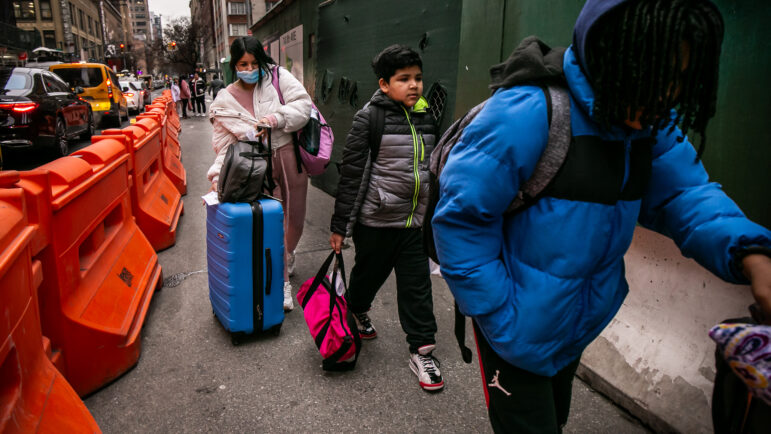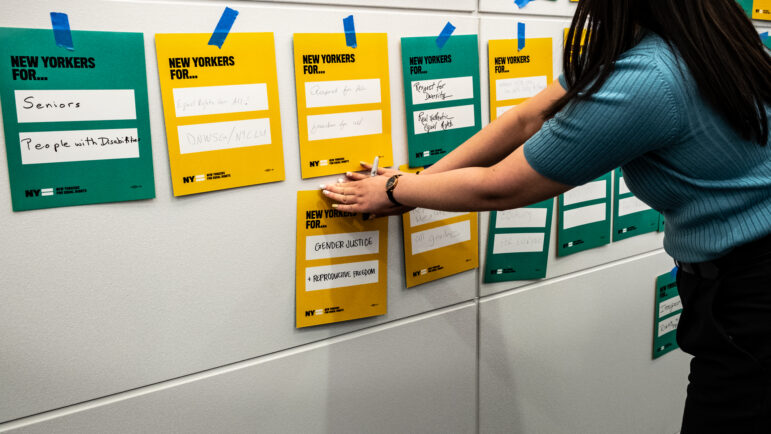The next chair of the housing authority may be a lame duck, but housing advocates plan to hold his feet to the fire when it comes to ongoing battles with the agency. Given the mixed reviews he’s received in his current job, nobody knows how Tino Hernandez, the commissioner of the city’s Department of Juvenile Justice will respond to their demands.
The housing authority’s current chair, John Martinez, announced last week he would resign on April 1 to return to work in the securities business after two years leading the New York City Housing Authority. While the mayor had made no official announcement by the time City Limits went to press, Hernandez will likely leave his job as commissioner of the city’s youth justice agency to take the vacant post.
No one is sure whether Hernandez has much housing experience. An employee of the Giuliani administration since 1993, Hernandez has traveled from the Health Department to Department of Homeless Services to chief of staff for Deputy Mayor Ninfa Segarra.
Advocates familiar with his work have mixed opinions. “Hernandez has been a real partner in trying to re-shape juvenile justice services in the city,” said Gail Nayowith, executive director of the Citizens’ Committee for Children, praising his appointment of monitors at the department’s three detention centers. Nayowith also credits him with enhancing mental health and drug rehabilitation services.
Other juvenile justice observers criticized Hernandez for neglecting to reverse the growing numbers of incarcerated youth in the city despite a significant drop in the crime rate among kids. Some of these youngsters would be better off in a group home, advocates say. Legal Aid attorney Nancy Rosenblum, who has spent much of the last three years filing lawsuits against Hernandez’ agency, said the commissioner “has not been innovative in his treatment of kids.”
Some critics believe that Hernandez wasn’t fully responsible for his agency’s performance. “He’s basically a puppet of the mayor,” said Ramesh James, co-director of Youth Force, a Bronx-based advocacy group. “He was put there because he was a person of color to deflect blame while the city locks up more and more young people.”
With a cautious eye toward Hernandez’ criminal justice record, advocates hope he will go easy on tenants who’ve committed minor criminal offenses, and on the new federally mandated work requirements for public housing tenants. Rather than taking a strict interpretation of the law, says Legal Aid attorney Judith Goldiner, the Housing Authority could issue exemptions and “save a large numbers of residents from possible eviction.”








